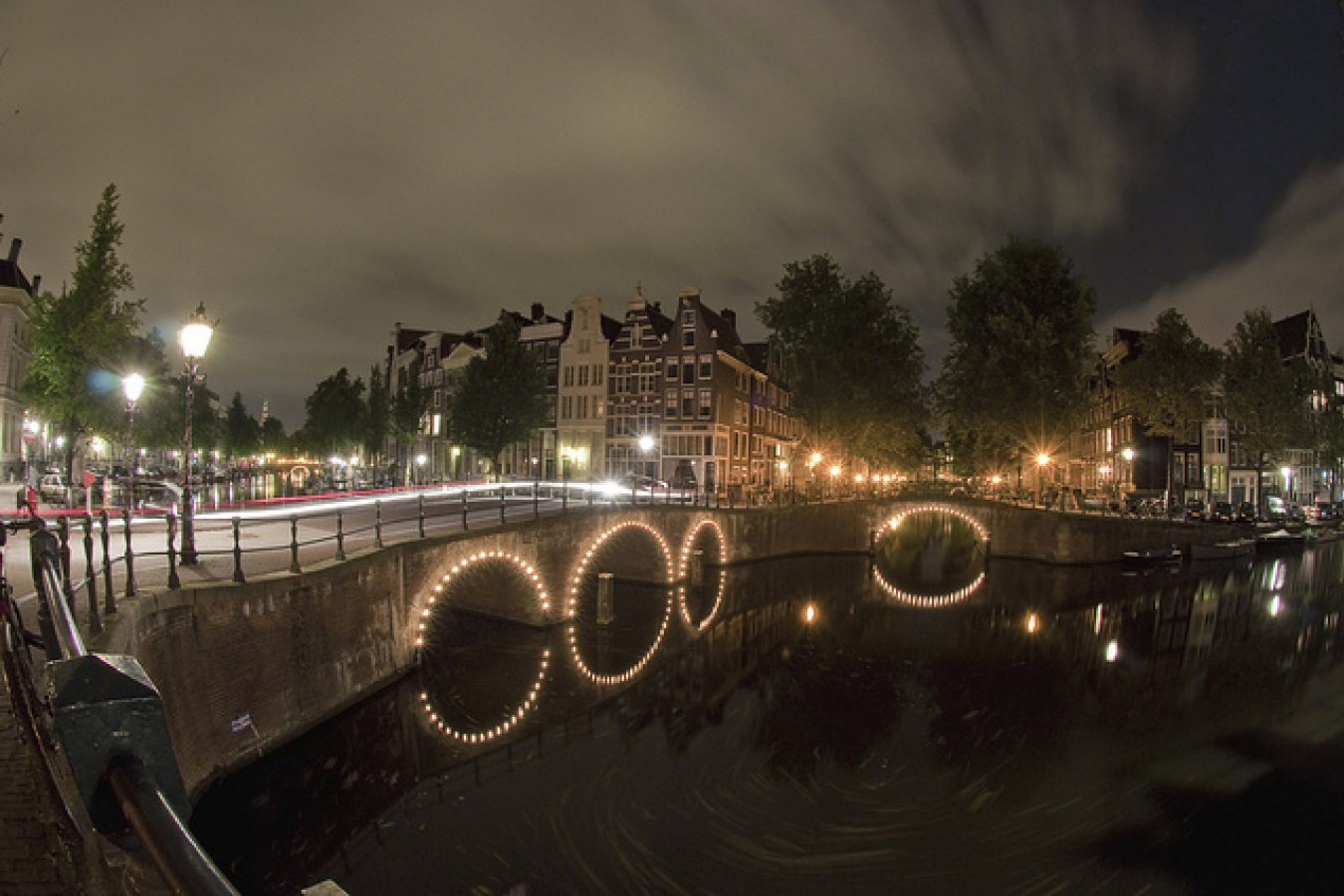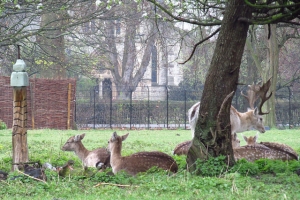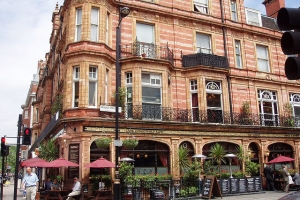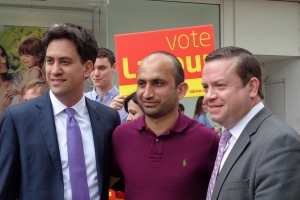Support migrant centric journalism today and donate

After years of heated public debate on immigration and fears of mounting ethnic tensions all Dutch parties have hardened their stance on immigration and sentiments previously blasted as far right are now mainstream.
During campaigning for the November 22 parliamentary elections, immigration has been conspicuously absent as an election issue as the governing Christian Democrats (CDA) and their main rival, the PvdA labour party, battle it out over traditional themes like over healthcare reforms and taxes.
Even recent announcement by the cabinet of a bill banning face veils in public and semi-public places on "security" grounds – denounced by Muslims as ill conceived and an infringement of religious freedoms – failed to provoke much of a reaction because it enjoys widespread support among lawmakers.
Up to several months ago the public debate in the Netherlands focused on the perceived lack of integration of Muslims, who make up 5.8% of the Dutch population.
The debate started in 2002 with the rise of populist politician Pim Fortuyn – murdered the same year – and was intensified by the 2004 slaying of filmmaker and columnist Theo van Gogh by a radical Muslim.
"It is perplexing what little attention themes (like integration), that were considered enormously important two years ago following the murder of Van Gogh, are getting now," PvdA leader Wouter Bos said earlier this month.
According to political observers this is because the political parties have little to gain from battling each other on immigration issues because nearly all have embraced a tougher stance.
"There is a great convergence in the programs of the main political parties like CDA, PvdA and even the rightwing liberal VVD," on the issue of immigration, left-wing political commentator Paul Scheffer said.
Voters fed up
"We have debated so much over this after Fortuyn and later Van Gogh that really we've had enough already," Scheffer said.
In a September 7 survey by well-known pollster Maurice de Hond, 68% agreed that "the Netherlands are tired of the integration issue". In the same poll only 17% said integration issues played a major or very major part in their lives and 55% said the major parties should not give more attention to integration in their party programs.
The only ones embracing immigration as a real campaign issue are the small rightwing populist parties and the VVD party through Rita Verdonk, the current immigration and integration minister.
Verdonk, a hardliner nicknamed "Iron Rita", has steadily featured in the top five of most popular and most hated politicians in the Netherlands in the last three years. Although her policies are seen as divisive she has been credited with lowering immigration and stabilizing the number of asylum demands.
In 2003, total immigration was 104,500 people, dipping to 92,300 in 2005, and is set to rise slightly in 2006 with 76,000 recorded for the first nine months of the year. Asylum demands dropped from 13,402 in 2003 to 12,350 in 2005. In the first nine months of this year there were 11,972 applications.
Verdonk's popularity and her hard-line positions also explain the absence of a strong far right movement in the Netherlands compared to France's Front National or the Belgian Vlaams Belang.
"In the Netherlands the traditional political parties have integrated the 'extreme ideas' of the far right and 'pacified' them," political science professor Andre Krouwel said.
The rightwing populist parties in the Netherlands, often close to the far right but without the "Netherlands for the Dutch" sentiments often heard there, are hardly a force in Dutch politics.
The latest polls show the three populist parties combined would only get between three and eight seats in the 150-seat parliament.
"Their problem is that they are too fragmented and did not succeed to ally mostly for personality reasons," political science professor and immigration specialist Jean Tillie explained.
Tillie said that the rightwing voters in favor of curbing immigration also have a great alternative within a traditional party to represent them: Verdonk.
Related:• New Dutch immigration test under attack
• Holland to show controversial DVD to some potential immigrants
• Visa regulations tightened in Germany
• UK plans immigration curbs for new EU States
• French proposal on immigration divides EU
• European policy defines Swiss immigration laws
• Sarkozy EU visit highlights rifts over immigration





















